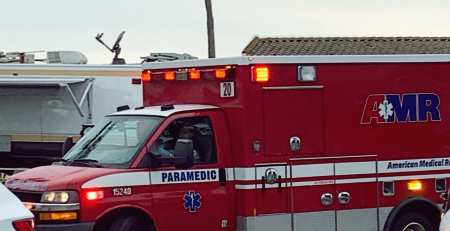Legal Claims From Accidents Explained
When discussing legal claims resulting from accidents on someone else’s property, there are several common misconceptions that can obscure one’s understanding of how these cases typically unfold. It’s crucial for legal professionals to clarify these points to ensure clients are well-informed about their rights and the processes involved.
It’s Easy To Win These Cases
One of the most prevalent misconceptions is the belief that these types of legal claims are easy to win. Many people assume that if they fall and injure themselves on someone else’s property, the property owner is automatically at fault. However, the reality is much more complex. To succeed in a claim, you must prove that the property owner was negligent, meaning that they knew or should have known about the dangerous condition and failed to correct it or adequately warn about it.
Compensation Is Guaranteed
Another misunderstanding is that compensation is guaranteed once a claim is filed. The truth is, that compensation is never a certainty. The amount of compensation one might receive depends on various factors, including the severity of the injuries, the circumstances of the accident, and the clarity of evidence showing the property owner’s negligence. Additionally, if you were partially responsible for the accident, this might reduce the potential compensation proportionately.
Only Severe Injuries Matter
Some individuals mistakenly believe that you can only file a claim if you have sustained severe injuries. This isn’t the case. While more serious injuries can result in higher compensation, even minor injuries can warrant a claim if negligence plays a role. You need to document all medical treatments following an accident, as this documentation can significantly strengthen our case.
Legal Action Must Be Taken Immediately
While timely action is critical, the belief that one must file a lawsuit immediately after an accident is not accurate. Clients do have a specific period during which we can initiate legal proceedings, known as the statute of limitations. This period varies by jurisdiction but typically allows sufficient time to assess injuries and consult with legal professionals about the case. However, clients should not delay unnecessarily, as waiting too long can make it harder to collect evidence and witness testimonies.
The Role Of Legal Assistance
Handling a claim without professional guidance can be overwhelming. A slip and fall lawyer can help clients understand the legal landscape, gather and present evidence, and negotiate with the other parties involved. Legal professionals like Hurwitz, Whitcher & Molloy play a crucial role in helping clients manage their expectations and realistically assess the potential outcomes of thier case.
If you find yourself or someone you know in a situation where considering a legal claim for an accident might be necessary, reaching out to a legal professional for a consultation is a wise step. They can provide tailored advice specific to your situation and help you pursue the necessary actions to seek justice and compensation. Take the initiative to understand your rights fully and ensure that you are making informed decisions every step of the way.











